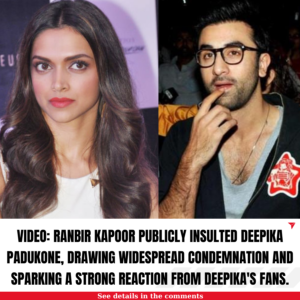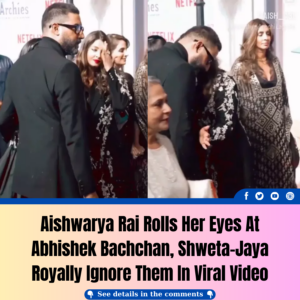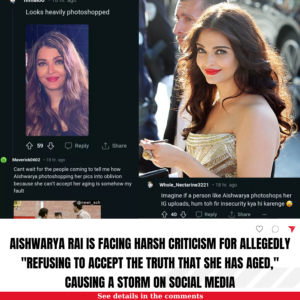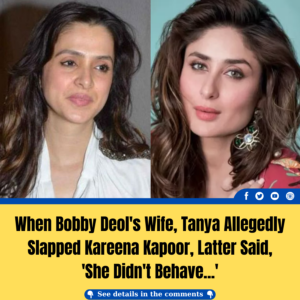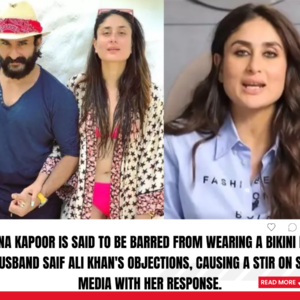Industry participants are discreetly reviewing their contracts again in order to protect themselves against this possible danger.
Mumbai: When actress Rashmika Mandanna became the latest victim of a deepfake earlier this week—a morphed video of Mandanna having appeared on social media—film star Amitabh Bachchan responded forcefully. Bachchan demanded that legal and regulatory measures be taken immediately to stop the proliferation of false information on the internet.

AI’s darker side has come to light in the wake of the Rashmika Mandanna deepfake case. (Images from Getty)
Film actor Anil Kapoor was granted an ex-parte, omnibus injunction by the Delhi High Court in September, prohibiting 16 businesses from utilizing his name, likeness, and image for profit or commercial purposes via the use of face morphing, artificial intelligence (AI), and even GIFs.
We’ve switched to WhatsApp. Click to sign up.
In fact, a lot of performers these days are trying to include provisions in their talent contracts stating that they would be protected against artificial intelligence (AI) and other technologies that may be used to maliciously change their identity and appearance. HT met with Kapoor, who believes that the moment to act is now, given the fervor around the topic.
AI’s darker side has come to light in the wake of the Rashmika Mandanna deepfake case.
It is an obvious illustration of how artificial intelligence (AI) may be abused to manipulate and warp pictures in order to harm someone’s reputation. More than anything, it serves as a warning to other well-known people to carefully observe and condemn similar behavior. Laws governing the usage of AI are urgently needed.
Are contracts for performers changing in response to this new danger?
Particular terminology for AI has already begun to appear in several of the more recent contracts. Actors nowadays have a higher responsibility to make sure they are taking all necessary precautions to stop third parties from using their qualities.
It was long before others realized the perils of artificial intelligence (AI), and you and Amitabh Bachchan are veterans of the field. Tell more.
AI has rapidly evolved and developed over the last several years. Since ChatGPT began producing essays and tales, it has seen rapid growth. Nowadays, a lot of artists all around the world use AI on a daily basis. The fervor around NFTs, blockchain, and cryptocurrency that emerged at the same time only serves to highlight how technology has ingrained itself into the arts. The adoption of this technology to produce audiovisual material was just a matter of time.
No matter how large their fan base, actors may sometimes find themselves in circumstances where their name, likeness, appearance, or other personal characteristics are utilized for commercial purposes without their consent. Technology simply widens the possibilities.
The case of Mr. Bachchan represented India’s first experimentation with AI, technology, and personality rights. Protests along the same lines were soon launched by the Screen Actors Guild in the US.
Do judicial cases represent the future?
Sure. The usage of AI or AI in movies is not governed by any laws. In India, the idea of personality rights is still relatively new, and the legislation pertaining to them will change with time. As of now, the most practical course of action is litigation. We’ll have to wait and watch how the administration and courts handle the situation.
Likeness, name, and image contracts are quite common in the West. Even famous athletes in high school are protected from ‘being copied.’ Have we slept in too late?
Every year, the Indian entertainment sector expands quickly while also embracing new technology. We are responding to these changes as quickly as we can, and this is bringing to light a number of concerns that were previously unknown.
There are definitely lessons to be gained from the West’s approach to addressing these problems. However, it’s not too late to do this.
It is no longer flattering to imitate. It poses a danger!
Although being a fan is often flattering, little things may sometimes escalate into bigger problems. The potential for mischief is immense, particularly with the use of technology and the new paths it has opened up.
Although flattery is fun for everybody, there is a boundary that should never be passed. Using someone else’s picture without their consent is never acceptable, whether it be for business, personal benefit, or to sow discord. It can undoubtedly be dangerous.
Ultimately, however, only the celebrities themselves have the power to take action against it. Thus, it depends on their perspective.
News
Viral video: Palak Tiwari spotted leaving Ibrahim Ali Khan’s house following breakup rumors.
Palak Tiwari Spotted Leaving Ibrahim Ali Khan’s House Amid Speculations of Relationship Status In a recent and highly-discussed development within celebrity circles, a viral video capturing Palak…
Video: Ranbir Kapoor publicly insulted Deepika Padukone, drawing widespread condemnation and sparking a strong reaction from Deepika’s fans.
Video: Ranbir Kapoor Publicly Insults Deepika Padukone, Sparking Controversy In a recent shocking incident in Bollywood, Ranbir Kapoor publicly criticized his former girlfriend, Deepika Padukone, sparking outrage…
Aishwarya Rai Rolls Her Eyes At Abhishek Bachchan, Shweta-Jaya Royally Ignore Them In Viral Video
In a recent video from ‘The Archies’ premiere, Aishwarya Rai was seen rolling her eyes at Abhishek Bachchan and Shweta-Jaya royally ignored them. Abhishek Bachchan and Aishwarya…
Aishwarya Rai is facing harsh criticism for allegedly ‘refusing to accept the truth that she has aged,’ causing a storm on social media.
Aishwarya Rai Gets Trolled For Posting Edited Pictures, Netizen Says, ‘She Can’t Accept Her Ageing’ Aishwarya Rai gets brutally trolled for posting her edited pictures on social…
When Bobby Deol’s Wife, Tanya Allegedly Slapped Kareena Kapoor, Latter Said, ‘She Didn’t Behave…’
Throwback to the slapgate controversy, in which Kareena Kapoor was allegedly slapped by Bobby Deol’s wife, Tanya Deol. Catfights are common in the glamour world, and we…
Kareena Kapoor is said to be barred from wearing a bikini due to her husband Saif Ali Khan’s objections, causing a stir on social media with her response.
Kareena Kapoor Khan gives the sassiest reply to a troll asking how Saif Ali Khan lets her don a bikini [Watch] Kareena Kapoor Khan had this to…
End of content
No more pages to load

